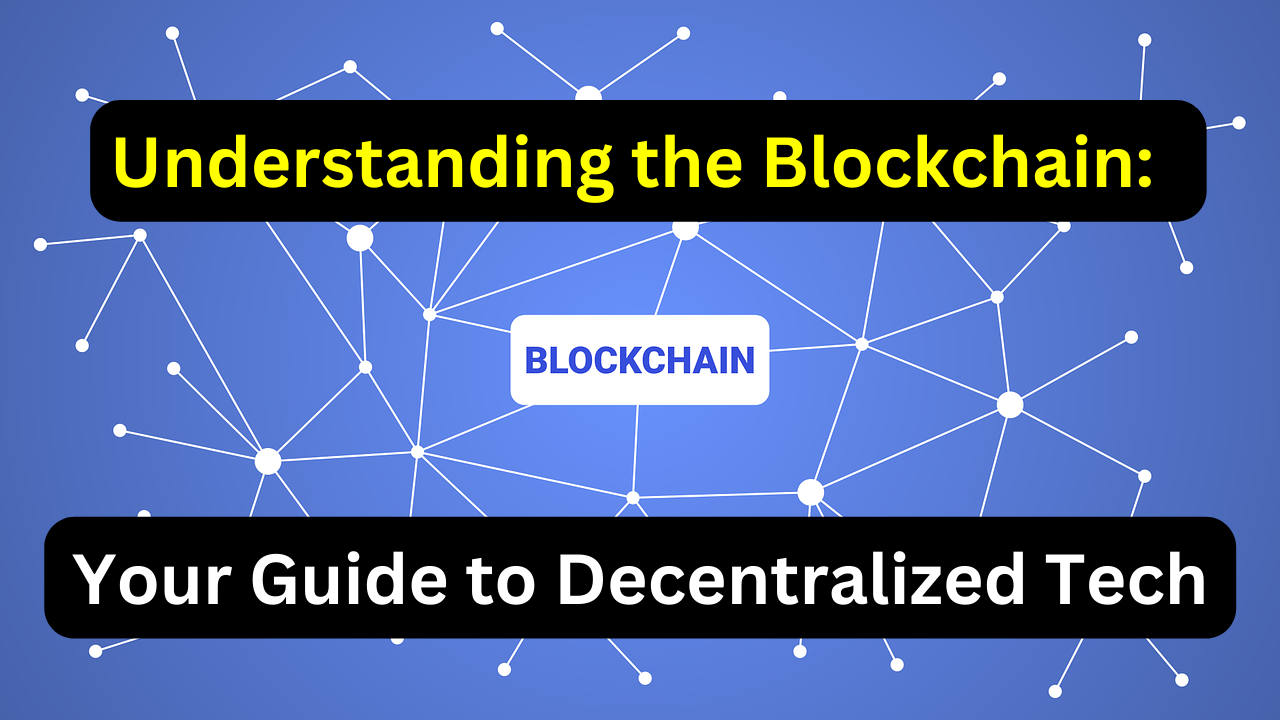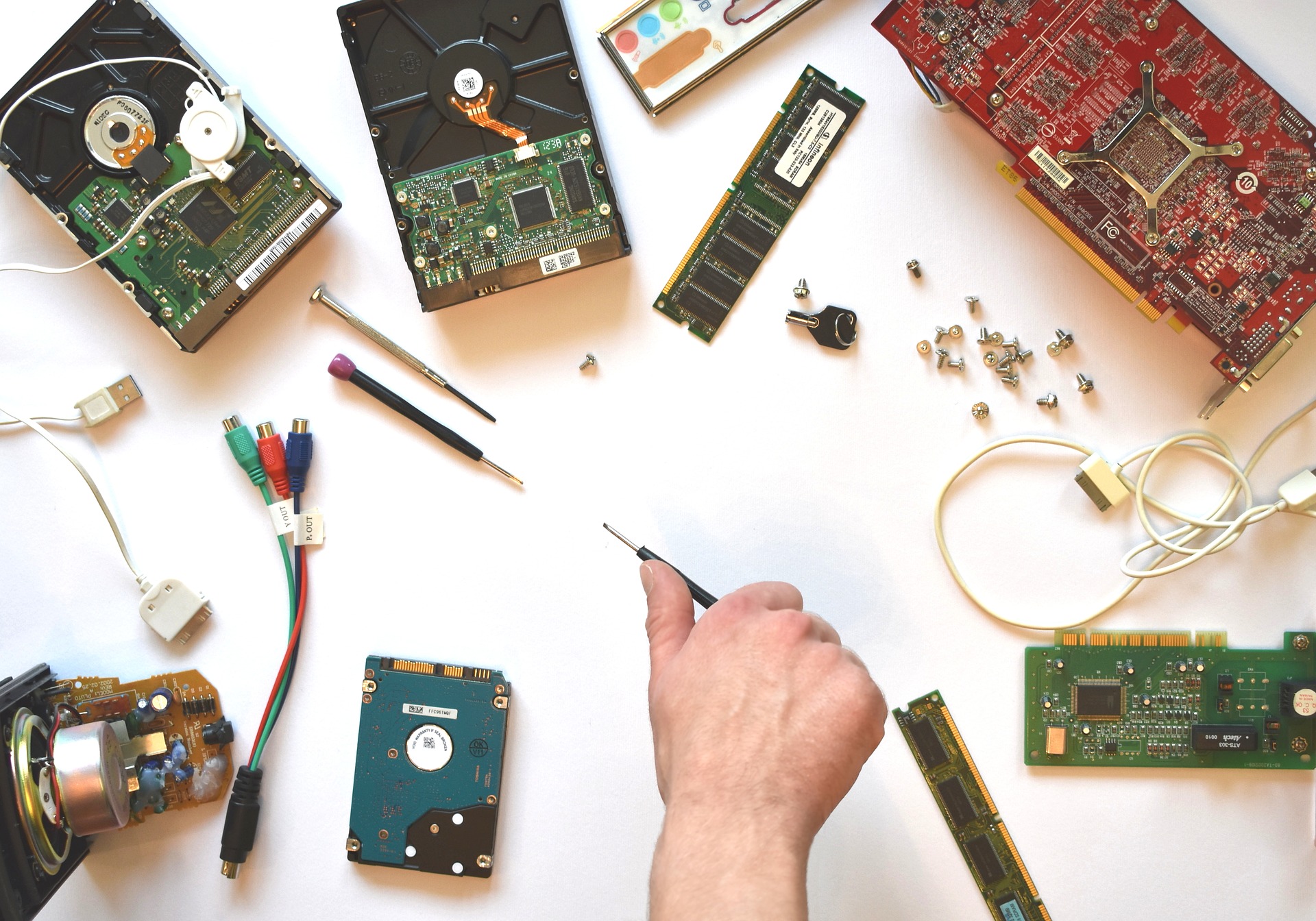What is Blockchain?
Blockchain is a distributed ledger technology that enables the secure and transparent recording of transactions across a network of computers. Each transaction is stored in a “block” that is linked to previous blocks, creating a chain of blocks—hence the name blockchain. It offers immutability, transparency, and decentralization, making it ideal for applications such as crypto currencies, smart contracts, supply chain management, and identity verification.
Where is it Used?
Blockchain technology finds applications across various industries and sectors, including finance, healthcare, supply chain, real estate, and government. It is used for tasks such as secure peer-to-peer transactions, transparent supply chain tracking, decentralized finance (DeFi) protocols, and digital identity management.
Size of Opportunity
The demand for blockchain solutions is growing rapidly as organizations seek to leverage its benefits for enhancing transparency, security, and efficiency. According to industry projections, the global blockchain market is expected to reach billions of dollars in the coming years, driven by increased adoption and innovation in blockchain-based applications and services.
Who can Benefit from Blockchain? What Skills are Needed?
Professionals from diverse backgrounds, including software developers, business analysts, project managers, and legal experts, can benefit from blockchain technology. Key skills include understanding blockchain fundamentals, proficiency in programming languages such as Solidity (for Ethereum) or Go (for Hyperledger Fabric), knowledge of cryptographic principles, and familiarity with blockchain platforms and frameworks.
How to Acquire Those Skills?
There are various pathways to acquire blockchain skills, including online courses, tutorials, certifications, and practical experience.
Platforms like Coursera, Udemy, and edX offer courses on blockchain technology, covering topics such as cryptocurrency, smart contracts, and decentralized applications (DApps). Additionally, participating in blockchain hackathons, workshops, and community events can provide hands-on learning opportunities and networking with industry professionals.
Expected Salary
Salaries for blockchain professionals vary based on factors such as experience, specialization, geographic location, and industry demand. Entry-level roles, such as blockchain developers or analysts, typically offer salaries ranging from $70,000 to $100,000 per year, while senior-level positions, such as blockchain architects or consultants, can command six-figure salaries or more.
Complexity Level
In terms of complexity, blockchain technology can be rated around 8 to 9 out of 10. Understanding the intricacies of blockchain consensus mechanisms, cryptographic algorithms, and smart contract development requires a solid foundation in computer science, mathematics, and cryptography, as well as continuous learning and experimentation with blockchain platforms and tools.
Popular Tools or Books for Reference
Some popular tools and resources for reference in blockchain technology include:
Mastering Bitcoin: Unlocking Digital Cryptocurrencies by Andreas M. Antonopoulos: A comprehensive guide to understanding the technical foundations of Bitcoin and blockchain technology.
Ethereum Whitepaper by Vitalik Buterin: The original whitepaper outlining the design and principles of the Ethereum blockchain platform.
Hyperledger Fabric Documentation and Ethereum Developer Documentation: Official documentation for Hyperledger Fabric and Ethereum, providing in-depth guides and tutorials for building blockchain applications and smart contracts.
Author’s Take
In conclusion, blockchain technology holds immense promise for revolutionizing various industries and transforming traditional business processes. By acquiring the necessary skills, staying updated with emerging trends, and actively contributing to the blockchain community, individuals can seize opportunities to drive innovation and shape the future of decentralized technology.




